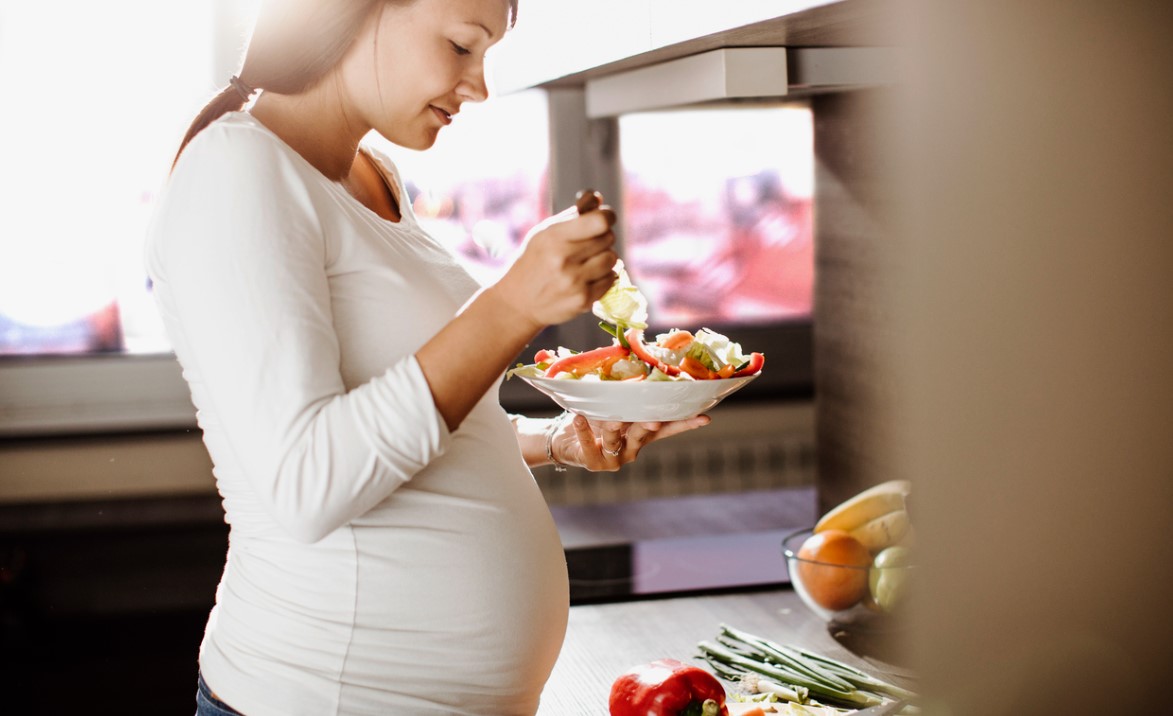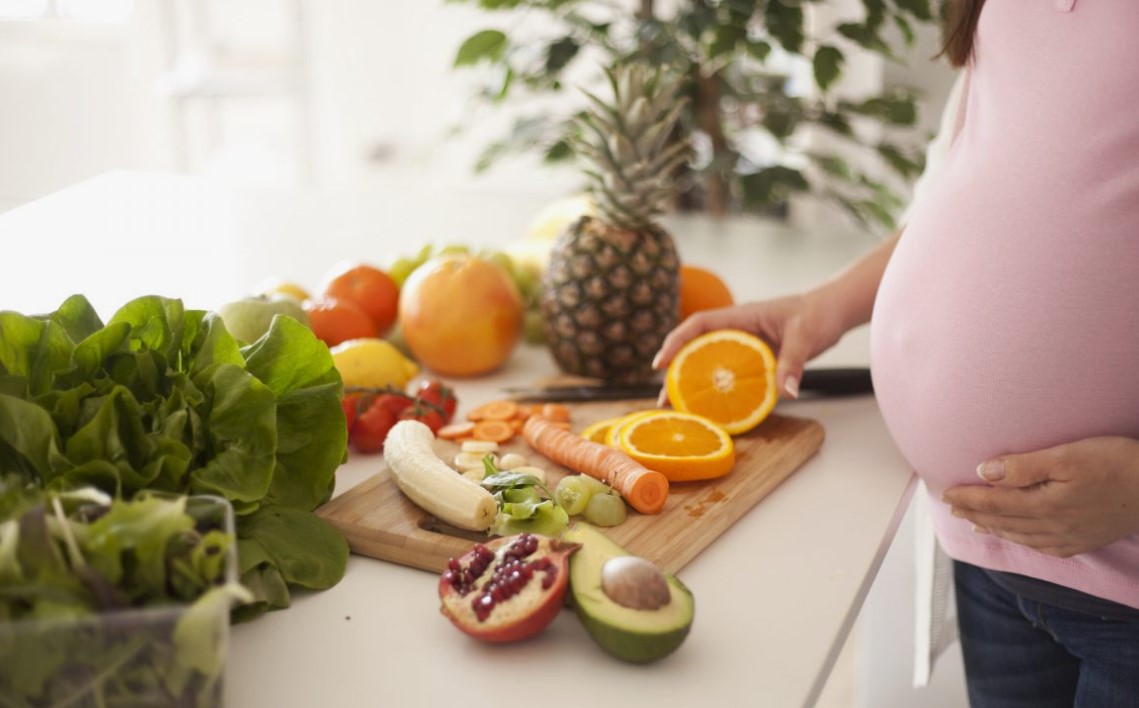The Science Behind Pregnancy Diet Supplements: What Works and What Doesn’t

Pregnancy is a crucial time when nutritional needs increase to support both the mother and the developing baby. While a balanced diet is the foundation, diet supplements often play a significant role in filling nutritional gaps. Understanding which supplements are necessary, effective, and safe is key to ensuring optimal maternal and fetal health. This article explores the science behind pregnancy diet supplements, highlighting what works, what doesn’t, and the best practices for expecting mothers in Dubai and the UAE.
Importance of Nutritional Supplements During Pregnancy
During pregnancy, the body’s demand for specific vitamins and minerals significantly increases. For example, iron is essential for increasing blood volume, while folic acid plays a crucial role in preventing neural tube defects in the baby. Nutritional supplements help to meet these increased needs, particularly when dietary intake alone is insufficient. The World Health Organization (WHO) recommends certain supplements, such as iron and folic acid, for pregnant women to prevent anemia and birth defects, respectively. In regions like the UAE, where dietary habits may vary greatly, supplements can provide an essential safety net for maintaining proper nutrition.

Essential Supplements: What Works
- Folic Acid: Folic acid is perhaps the most critical supplement for pregnant women. It is recommended that women start taking folic acid before conception and continue during early pregnancy. This vitamin helps prevent major birth defects of the baby’s brain and spine. The Centers for Disease Control and Prevention (CDC) recommends a daily intake of 400 to 800 micrograms.
- Iron: Iron is vital for making hemoglobin, the protein in red blood cells that carries oxygen to other cells. Pregnant women need about 27 milligrams of iron per day, almost double the amount needed by non-pregnant women. Iron supplements are proven to reduce the risk of iron deficiency anemia, a common condition in pregnancy that can cause fatigue and increase the risk of premature birth.
- Calcium: Calcium is crucial for the development of the baby’s bones and teeth. If a mother’s diet lacks calcium, the body will take calcium from her bones, which can affect her bone health. The recommended amount for pregnant women is 1,000 milligrams daily, which can be met through a combination of diet and supplements.
- Vitamin D: This vitamin helps the body absorb calcium and plays a role in the immune system. Adequate vitamin D levels during pregnancy support fetal bone growth and immune function. The recommended daily intake is 600 international units (IU). Vitamin D deficiency is common in the UAE due to limited sun exposure from indoor lifestyles, making supplementation important.
- Iodine: Iodine is essential for the production of thyroid hormones, which are crucial for the development of the baby’s brain and nervous system. Pregnant women need about 220 micrograms per day. Iodine deficiency is a global concern and is addressed in many regions, including the UAE, through iodized salt and supplements.
Supplements with Limited or No Proven Benefits
- Vitamin A: While vitamin A is essential for fetal development, excessive intake can lead to toxicity and birth defects. Most pregnant women can meet their vitamin A needs through diet, and supplementation is generally not recommended unless prescribed by a healthcare provider.
- Omega-3 Fatty Acids: Although omega-3s are important for fetal brain development, supplements like fish oil capsules are not strictly necessary if the diet includes adequate amounts of fatty fish. The benefits of omega-3 supplements during pregnancy remain inconclusive, and it’s generally advised to focus on dietary sources.
- Probiotics: Probiotics are popular for their potential benefits in digestive health, but their role in pregnancy is not well established. While they may support gut health, there is insufficient evidence to recommend them universally for pregnant women. Consultation with a healthcare provider is recommended before starting any probiotic supplement.
- Herbal Supplements: Many herbal supplements are marketed to pregnant women, but their safety and efficacy are often not supported by scientific evidence. For example, supplements like ginger or peppermint may help with nausea, but others could pose risks. The lack of regulation and potential for harmful effects make herbal supplements less reliable.
Risks and Considerations with Pregnancy Supplements
While supplements can be beneficial, they are not without risks. Over-supplementation can lead to toxicity, such as excessive vitamin A causing birth defects or too much iron leading to gastrointestinal issues. It’s crucial for pregnant women to avoid self-prescribing supplements and instead seek guidance from healthcare providers. The UAE’s health authorities, including the Ministry of Health and Prevention (MOHAP), provide guidelines on safe supplementation during pregnancy.

Customized Supplementation: The Role of a Personalized Meal Plan
A personalized meal plan for pregnant women that includes the right balance of whole foods and necessary supplements is the best approach to meeting nutritional needs. This plan should consider individual health conditions, dietary preferences, and cultural factors. In Dubai and the UAE, where diverse diets and lifestyles exist, working with a nutritionist to create a tailored meal plan can help ensure that dietary and supplement needs are optimally met.
Local Considerations: Dubai and UAE Context
In Dubai and the UAE, lifestyle and cultural factors can influence dietary habits. Many residents have a higher intake of processed foods, which can lack essential nutrients, and there is a prevalent deficiency in vitamin D due to limited sun exposure. Additionally, the hot climate can affect hydration and electrolyte balance, making supplements like calcium and magnesium even more relevant. Local healthcare providers and nutritionists can offer guidance tailored to these specific needs, ensuring that pregnant women receive comprehensive nutritional support.
Conclusion
Supplements can be instrumental in promoting the health of expectant women and their infants; however, they must be implemented with caution. A pregnancy care plan should include essential supplements such as folic acid, iron, calcium, vitamin D, and iodine, which have well-documented benefits. Nevertheless, not all marketed supplements have been scientifically proved to be beneficial, and some may even be harmful if not used correctly. When devising a pregnancy diet and supplement regimen in the UAE, it is crucial to consider the local climate, lifestyle, and dietary habits. It is recommended that pregnant women seek the advice of healthcare providers in order to develop a well-rounded plan that incorporates suitable supplements and dietary sources to facilitate a healthy pregnancy.


